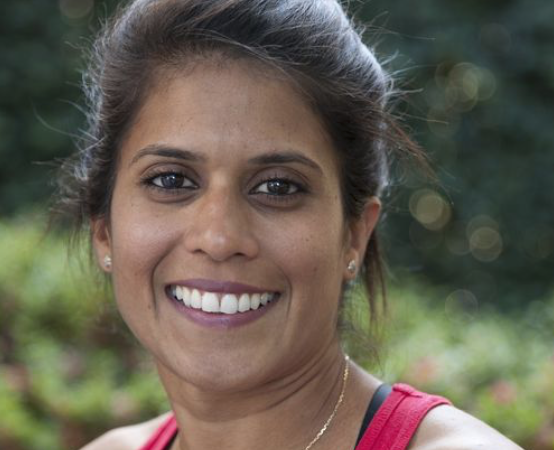
What if the solution to our greatest ocean challenge was trapped in the mind of a person from the developing world? Why wouldn’t it be? After all 70% of our coastlines are in this part of the world, but representation in marine conservation from these coastlines is negligible. What if all it took to harness this talent and capacity was the acknowledgment of existing talent and creation of simple opportunities.
The creation of an opportunity where young people with a passion for protecting the oceans, regardless of their background, are empowered with the skills they need to get their ideas out the door. We are talking scientists, artists, innovators and entrepreneurs. Where they learn to apply for funding so they can become self-sufficient, critically engage with the existing literature so they are able to build on existing foundations and truly push boundaries, publish in appropriate outlets so their work becomes recognized beyond their local community, translate their findings into stories that can drive change so their results inform policy, network with a global community of change-makers who can guide, support, empower and encourage, and engage with the general public in an effort to create the army that we need to shift the current trajectory of marine conservation. These skills, while generally untaught, will jumpstart careers and more than anything else, help these individuals believe in themselves. To believe that their ideas are valid, that they are part of an international community of problem solvers, that they have it within themselves to create change.
Innovation and entrepreneurship are at the core of science and conservation. However, most people across our globe do not have access to the basic opportunities that can allow them to contribute to change. They are considered part of our planet’s greatest problems without the opportunity to be part of the solution. Tapping into these communities is what will help us to drive change. Their future careers whether in business or politics, will undoubtedly provide them with opportunities to make better decisions for our oceans. It’s about planting that seed of change that enables people who have not traditionally had access to the field feel valued and included. It is about equity because equity is what will save our oceans not high tech devices or fancy boats. It is about nurturing ocean conscious citizens who are not passive observers but active participants in our planet.
Our research suggests that students from under-represented coastal nations, do not feel empowered to engage in marine conservation either because of cultural reasons, or because the expensive boats, technology and unfamiliar faces of scientists from the developed world commonly seen on TV have driven a chasm that decreases relatability, preventing them from feeling like they belong. This exclusivity is detrimental to our overarching quest to protect the world’s oceans. How do we ensure that the largest part of our planet has the largest amount of people working for it?
The objective of our project is to tap into existing potential and nurture a local hero for every coastline. We want to enhance human capacity through skills-building and seed funding. Smart investment in human capacity in all corners of the globe that can go on to create, and innovate for the sake of our oceans and all humanity. And we want to start with Sri Lanka.
My team and I have already built and delivered some of the modules we know can create change. We are working with students from 12 universities across Sri Lanka to provide training that is necessary, but we want to go further. We want to provide this training to individuals outside the academic system. Our aim is to create online courses on topics that have never been taught before, to drive innovation and change. In the long-term, we want to fund students from across the continent and tap the enormous untapped potential around us.
What we are doing is simple. It is creating the space for a new generation of diverse minds who can save us from the current system of marine conservation, a system that is too reliant on western scientists working across the globe on their own agendas, to a new system. Where over time, each coastline, has a voice, a change agent, and a community driven by its own priorities.
The key is the need to start thinking local. Local funds and local heroes are driven by local priorities and needs. Local investment drives long-term change. Once equipped, these individuals can, keep moving our mission forward. The potential for this model to be emulated across our region cannot be underestimated – but all we need is one success story. That, I believe, can be Sri Lanka.
